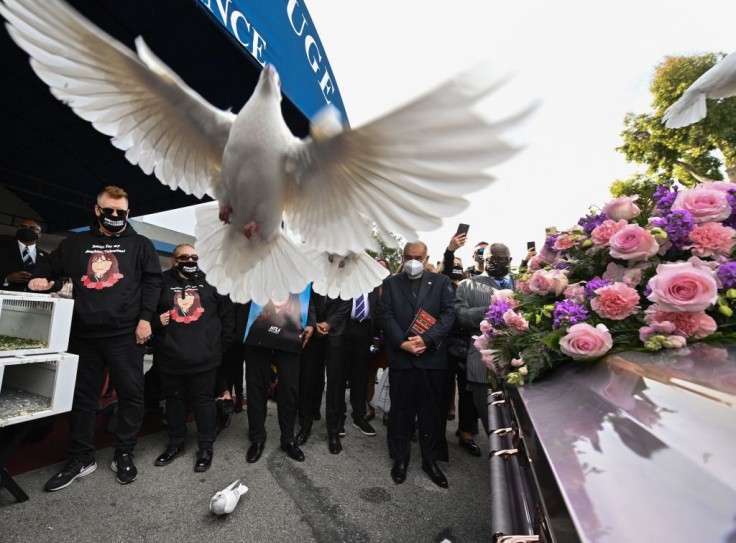
A study revealed that 57 percent of the children who lost their parents to cancer failed to find an acceptable way to deal with grief in the first six months of their parent's demise. This resulted in not succeeding in bringing closure to the desperation of many participants.
The study was led by Tove Bylund Grenklo, senior lecturer and researcher in caring science, and it involved around 600 young adults from 12 to 16 years old. Research Gate says that the participants responded to questions between six and nine years after their parent's death.
Grief came later
They aimed to understand if there was a connection between the grieving process during the first six months and how the participants dealt with grief six to nine years later. Grenklo added that grief could surface later for teenagers who lost their parents to cancer. The grief may come up to eight years later. Understanding these delays is crucial for people in care and school health care services, and psychiatry. A Harvard study also revealed that the second year after the death of a loved one feels worse than the first year.
When asked what bereaved teenagers find significant regarding their grief process and how health care services can help and support them, many participants shared that it was the first time someone asked them how they felt about their parent's illnesses. News Medical pointed out that their support for their bereavement and grief and how the family is affected is essential.
The study also showed that close-knit family ties are a crucial safety net when grieving, whether short or long. However, these safety nets are less effective when all the family members are also suffering, as individuals may be in different phases of grief. Moreover, family members may have spent less time together and are far from each other.
Read Also: : Severe COVID-19 Decreases IQ by 10 Points, Causes Memory Loss, Difficulty in Finding Words
Let the children know what is going on
Grenklo's previous studies indicate that health care professionals need to understand the importance of including the child in letting the family know of the parent's imminent death. His 2014 study revealed that 98 percent of participants wanted to be informed that their parents were dying. The study found that those informed of their parent's condition were better than those left out.
Statistics of Grief among Teenagers
Although Grenklo's study focused on teenagers whose parents died of cancer, the findings are essential, especially at the onset of a pandemic in 2020, where a staggering number of youths lost their parents to COVID-19.
A recent study in Pediatrics estimated that 142 637 US youths lost a parent, custodial grandparent, or grandparent caregiver to COVID-19 from April 1, 2020, to June 30, 2021. The estimate included direct COVID-19 deaths and indirect fatalities. JAMA Network says that more than 1.1 million children lost at least one parent or custodial grandparent in the first 14 months of the pandemic.